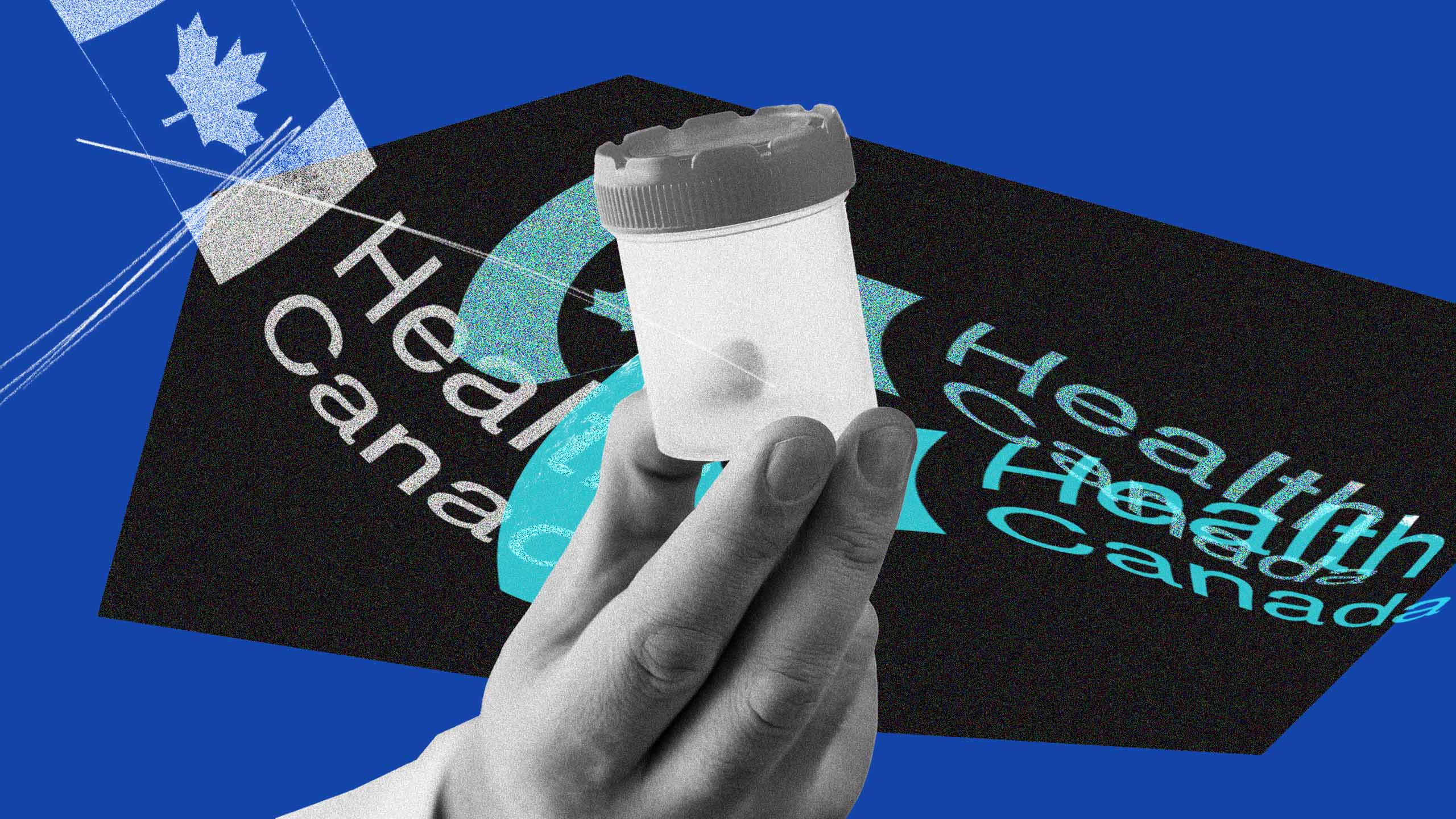A gay man is taking the federal government to court to challenge Health Canada’s allegedly discriminatory restrictions for gay and bisexual men donating sperm.
Earlier this week, CTV News reported that Aziz M, a Toronto man, was suing the Canadian government for their allegedly discriminatory sperm-donation policy. He and his lawyers filed this case to the Ontario Superior Court on the grounds that it violated the Canadian Charter of Rights and Freedoms.
“Why I decided to take this to court is because of that feeling of discrimination,” said Aziz, who also told CTV News that these policies make him feel like a “second-class citizen.”
Health Canada’s “Safety of Sperm and Ova” regulation currently states that any man who has had sex with another man in the past three months is ineligible to donate unless they are donating to someone they know. Ova donors who have had sex with men who have sex with men (MSM) in the past 12 months are subject to similar restrictions. This policy also affects trans and non-binary individuals classified as men by the health system.
The reasoning for this policy is that these groups have an increased chance of being HIV-positive, despite the fact that any sperm donation has to undergo rigorous infectious disease testing pre- and post-donation, regardless of the donor’s identity. It also applies to MSM in long-term monogamous relationships, who are no more at risk of HIV than any other person in a monogamous relationship.
Before coming out as gay, Aziz previously donated sperm in 2014 and 2015, allowing a lesbian couple to have a daughter whose life he’s involved in. As a result, he encouraged his friends to donate too, only to realize that they weren’t eligible. He also wishes to donate again himself.
Canada’s restrictions on sperm donation mirror previous restrictions on blood donations from gay and bisexual men, which were only lifted in April 2022. Gregory Ko, one of Aziz’s co-councils on the case, was involved in challenging this blood ban. He said that the rhetoric used to justify the sperm-donation policy closely resembles that which was previously used to prevent gay and bisexual men from donating blood.
Ko believes that federal health minister Jean-Yves Duclos will be able to overturn this policy, which was introduced by the Liberal government in 2019. Previously, there was a lifelong ban on gay and bisexual men donating sperm, a policy that had been in place since the 1980s.
“Our view is that the minister of health has discretion to amend this directive. It is a directive that comes from the minister’s office and from the ministry of health itself. And so, barring some internal processes, our view is that this is a policy that can be amended swiftly,” Ko said in an interview with CTV News.
In response to news of this court case, Health Canada and government officials have promised to look into it.
“With the recent change in screening criteria for donating blood, we understand that Health Canada is exploring if similar updates can be made in the context of donor sperm and ova,” said Minister for Women and Gender Equality and Youth Marci Ien’s office in a statement to CTV News.
However, the NDP have criticized the Liberals for not moving fast enough.
“There’s never been any science behind the ban on gay men donating sperm, none whatsoever … people tell me they’re working on it, but they’ve been telling me they’ve been working on this for over five years,” said NDP MP Randall Garrison, the party’s critic for justice and LGBTQ2S+ rights to CTV News.
The court case comes amidst a nationwide sperm-donor shortage. Many queer families, single women and people experiencing infertility rely on sperm donations to conceive—but their choices are limited, especially if they’re looking for a donor who isn’t white. Few clinics collect donations from Canadian men, and as a result, 90 percent of all official donor sperm used in Canada is imported from the U.S. The U.S. has a larger supply because donors are financially compensated, which is illegal in Canada under the 2004 Assisted Reproduction Act. Aziz has said that his desire to donate comes partly from his knowledge of this donor shortage.
“It is not uncommon for a lot of gay and lesbian couples to rely on sperm donors within the community, and this directive explicitly puts a barrier, in addition to all the other barriers that exist for queer families, in having children,” Ko told CTV News.


 Why you can trust Xtra
Why you can trust Xtra


